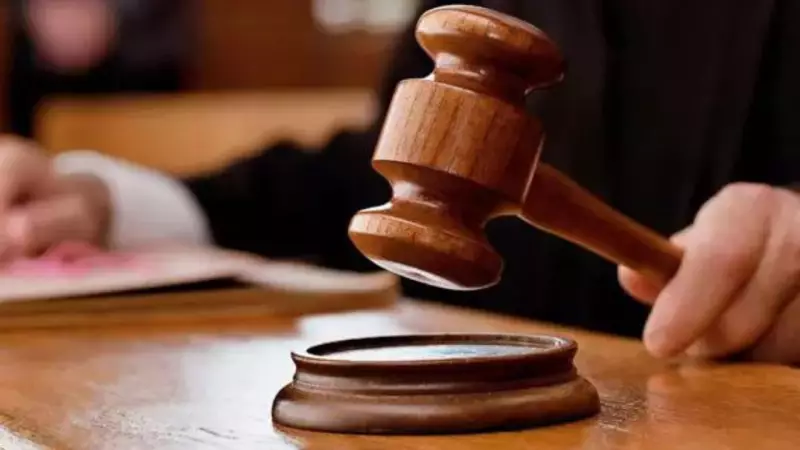
In a significant political development that has stirred controversy, the Jammu and Kashmir Legislative Assembly Speaker has firmly rejected a plea from the Congress party and the National Conference seeking an urgent discussion concerning the detention of Aam Aadmi Party (AAP) MLAs.
The rejection comes amid heightened political tensions, with opposition parties demanding transparency and accountability regarding the circumstances surrounding the legislators' detention. The Speaker's decision has effectively shut down parliamentary debate on the sensitive matter, drawing sharp criticism from the requesting parties.
Delhi High Court Delivers Parallel Justice
In a related development that underscores the ongoing legal battles, the Delhi High Court has quashed the preventive custody of a key aide associated with the AAP leadership. The court's ruling represents a significant judicial intervention in what many are calling a politically charged situation.
The preventive detention had been challenged on multiple legal grounds, with the petitioner's counsel arguing that the detention lacked proper justification and violated fundamental rights. The High Court's decision to strike down the custody order is being seen as a victory for civil liberties and due process.
Political Reactions and Implications
Political analysts suggest these parallel developments highlight the increasingly complex relationship between legislative bodies, judicial institutions, and political parties in contemporary Indian politics. The rejection of the discussion plea in Jammu and Kashmir, coupled with the Delhi High Court's intervention, creates a narrative of contrasting approaches to handling political detentions.
Opposition parties have condemned the Speaker's decision as undemocratic, claiming it suppresses legitimate parliamentary discussion on matters of public importance. Meanwhile, legal experts are examining the broader implications of the High Court's ruling on future cases involving preventive detention of political figures and their associates.
As both situations continue to evolve, they raise important questions about the balance between security concerns, political expression, and judicial oversight in India's democratic framework.






